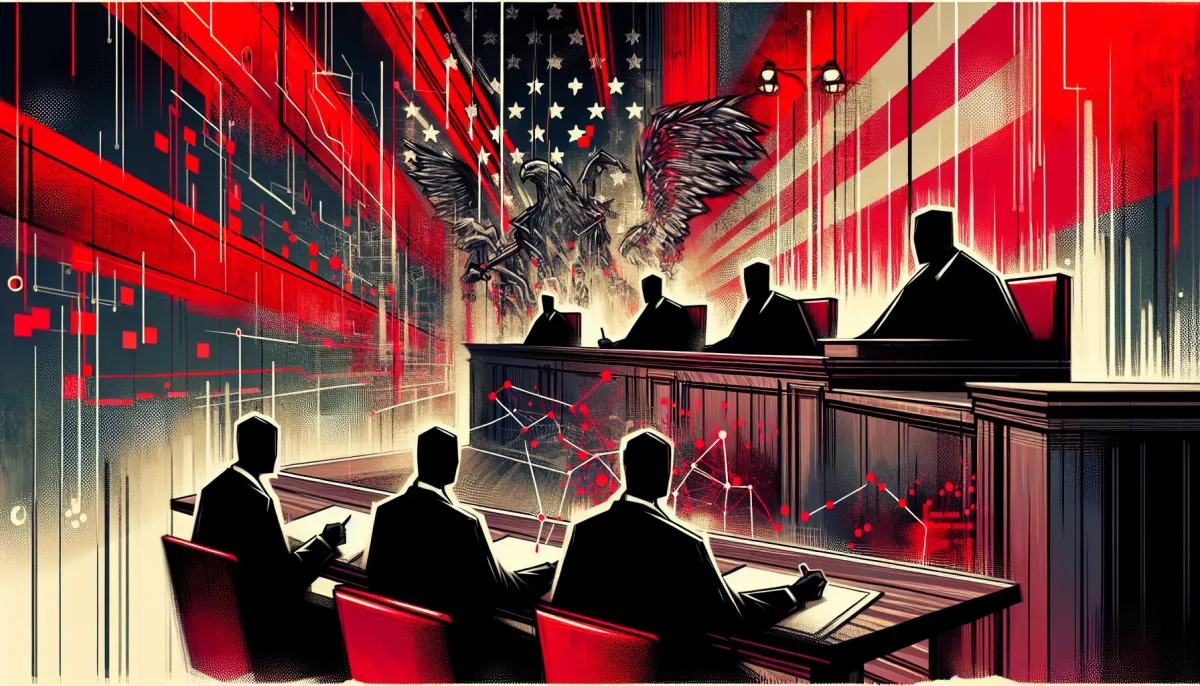A federal judge in Texas just made a big ruling against the U.S. Securities and Exchange Commission (SEC). On Thursday, Judge Reed O’Connor decided that the SEC’s attempt to apply existing securities laws to decentralized finance (DeFi) users and projects was unlawful. He said the agency exceeded its authority.
O’Connor granted summary judgment to the Blockchain Association, a group that advocates for the crypto industry. They sued the SEC back in April over the agency’s new definition of “dealer,” which included DeFi protocols and transactions.
So, what is DeFi? It refers to non-custodial crypto applications on networks like Ethereum and Solana. These platforms let traders buy, sell, loan, and borrow crypto assets without needing banks or other intermediaries. The SEC’s interpretation would have forced DeFi projects and users to register as securities exchanges and brokers, similar to stock exchanges.
Judge O’Connor found that the Blockchain Association's case was strong enough to resolve without a trial. He ruled that the SEC must retract the changes it made to its dealer rule earlier this year. The judge pointed out that the SEC blurred the lines between everyday DeFi traders and professional financial brokers.
“The Rule as it currently stands de facto removes the distinction between ‘trader’ and ‘dealer’ as they have commonly been defined for nearly 100 years,” O’Connor stated.
The Blockchain Association celebrated this ruling as a significant win against the SEC’s tough stance on crypto.
“The Dealer Rule was an attempt by the SEC to push its anti-crypto agenda,” said Kristin Smith, CEO of the Blockchain Association, in a statement. “Today’s ruling rolls back the agency’s overreach and protects the digital asset industry from this unlawful rule.”
The SEC hasn’t responded yet to requests for comments about the court’s decision.
In other news, former President Trump has promised to appoint an SEC chair who will support the crypto industry. It’s unclear how such a person would handle the SEC’s current lawsuits against several top crypto firms.
Meanwhile, SEC Chair Gary Gensler announced his resignation on Thursday. He’s stepping down from his role in regulating the digital assets industry. After leading the SEC's crackdown on major industry players, Gensler said he will resign on January 20, 2025, coinciding with Trump’s second term. “The Securities and Exchange Commission is a remarkable agency,” Gensler remarked.
In another development, artist Phillip Banks, known for the viral "Chill Guy" meme, has threatened legal action against meme coins using his art. The Solana meme coin CHILLGUY peaked at a market cap of $500 million but dropped 54% to $220 million within two hours of Banks’ tweet. It later rose to $375 million. CHILLGUY surged over 400% on Wednesday, having launched less than a week ago. “Chill guy has been copyrighted. Like, legally. I’ll be issuing takedowns on for-profit uses,” he said.
Lastly, Yao Qian, the former head of China’s central bank digital currency (CBDC) research project, faces serious allegations. He was expelled from the Chinese Communist Party and removed from his government position due to corruption claims. Reports say he abused his authority and neglected his responsibilities after a disciplinary review.

